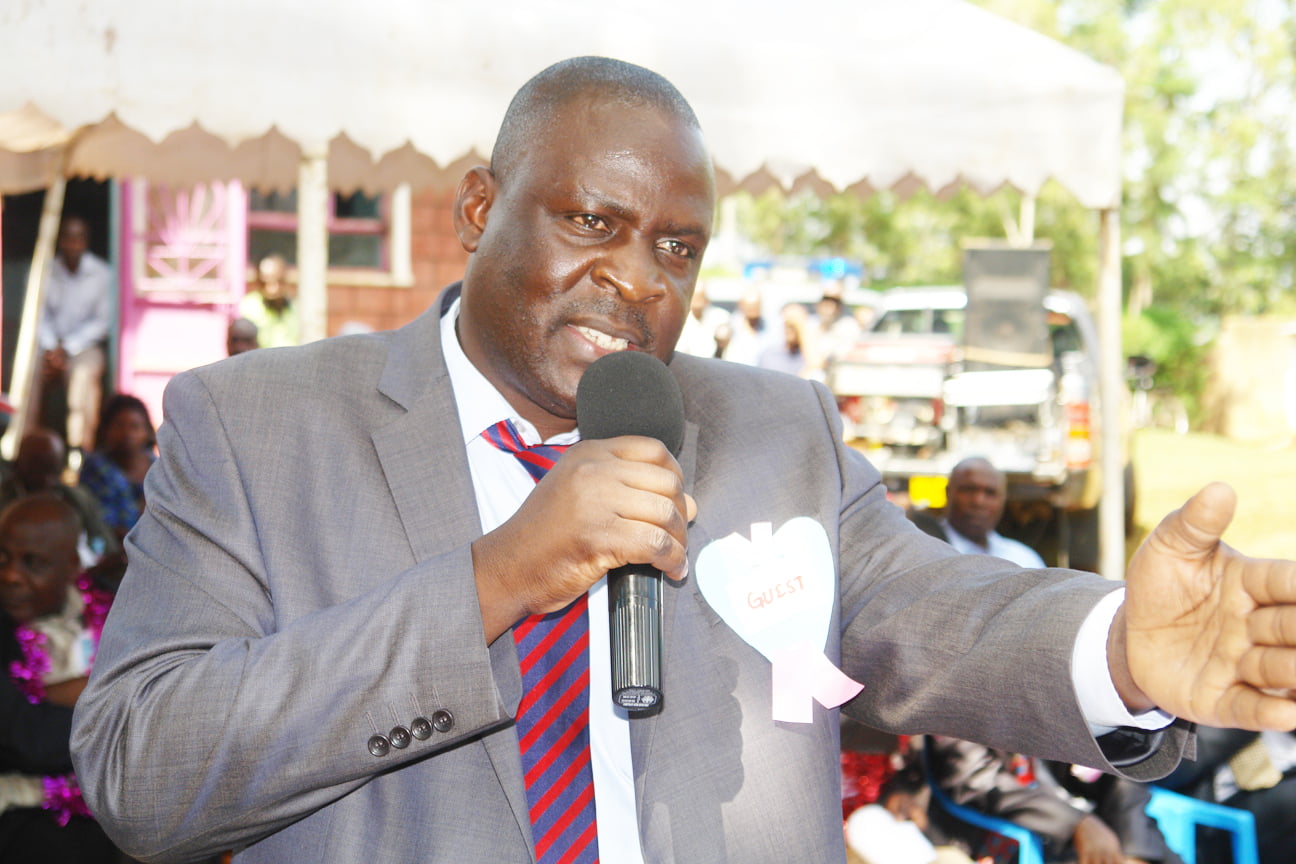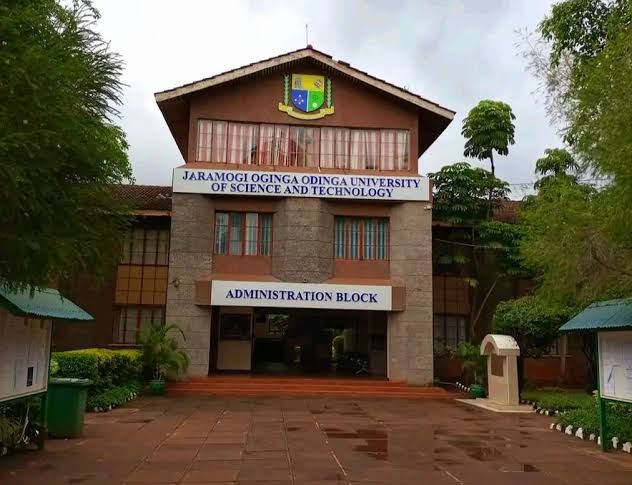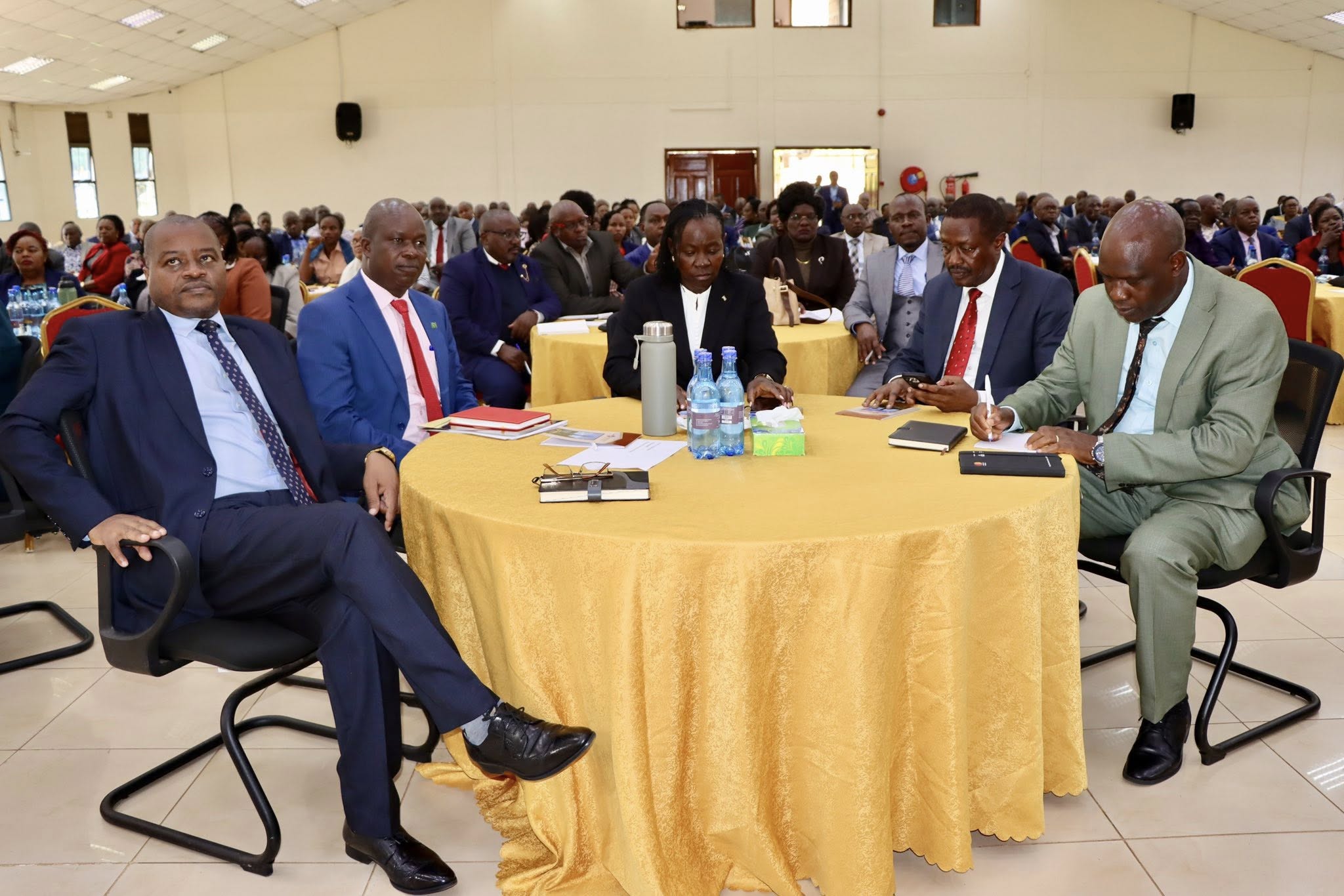By Correspondent
The Ministry of Education (MoE) in partnership with the World Bank (WB) is intending to construct 859 science laboratories for secondary schools in 135 sub counties across the country by the end of February next year.
National Coordinator for the Secondary Education Quality Improvement Project (SEQIP) Jane Mbugua said that the intervention aims at improving learning outcomes in science subjects.
She was speaking in Kakamega during a technical mission visit to assess the progress and quality of the construction works.
The members visited Bomet, Narok, Bungoma and Kakamega counties to establish the status of the infrastructural improvements in the targeted schools which are part of the 30 counties in Arid and Semi-Arid and marginalized areas in the country.
“Most learners experience lab situations only during examination periods hence do not perform well in practical tests,” said Mbugua.
The laboratories are part of a Ksh 8.2 billion infrastructure project targeting schools in Arid and Semi-Arid Lands, urban informal settlements and marginalized communities.
In Kakamega County, six sub counties; Butere, Kwhisero, Likuyani, Lugari, Navakholo and Kakamega South will benefit from 103 classrooms, 125 laboratories and 102 sanitation facilities for primary schools and 7 water packages for special needs institutions.
According to Dama Services, the lead design consultant for the project, 45 classrooms and 5 water packages in Kakamega County are complete and ready for handing over while 33 laboratories out of the 125 under construction are at finishing level.
Kakamega County Director of Education Dickson Mugoya said that the classrooms will improve the learning environment for learners by decongesting classes that are already overstretched while the laboratories will promote the uptake of science subjects in line with Vision 2030.
Kakamega is one of the leading counties in the delivery of the project with a progress record of 75 per cent.
Other than infrastructure, the project also supports teacher training, gender sensitization and advocacy programs, provision of textbooks and professional scholarship.
Bungoma County Director of Education Philip Chirchir on his part said that the project has improved enrolment of learners to secondary schools hence improved retention.
However, he noted that the county is prone to Gender Based and Sexual Violence hence the need to provide boarding facilities to protect school going young girls from teen pregnancies and early marriages.
The county will benefit from 46 classrooms, 42 science laboratories, 94 sanitation facilities and 2 water packages.
All the classrooms will be furnished with fifty desks and chairs for learners upon completion and a teacher’s locker and seat.





